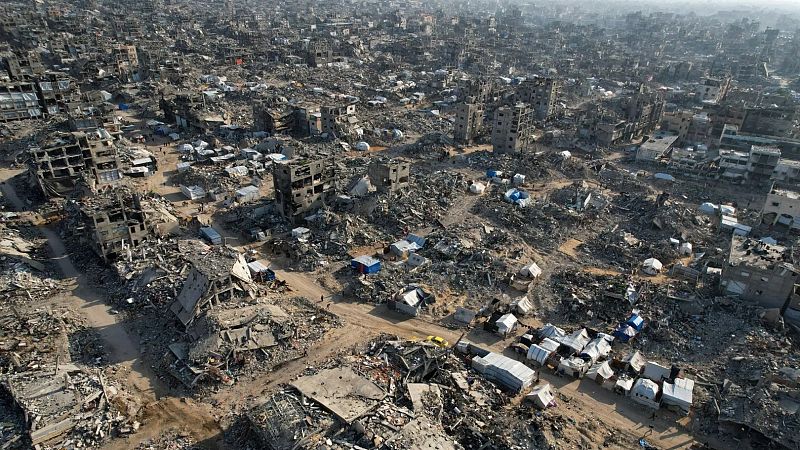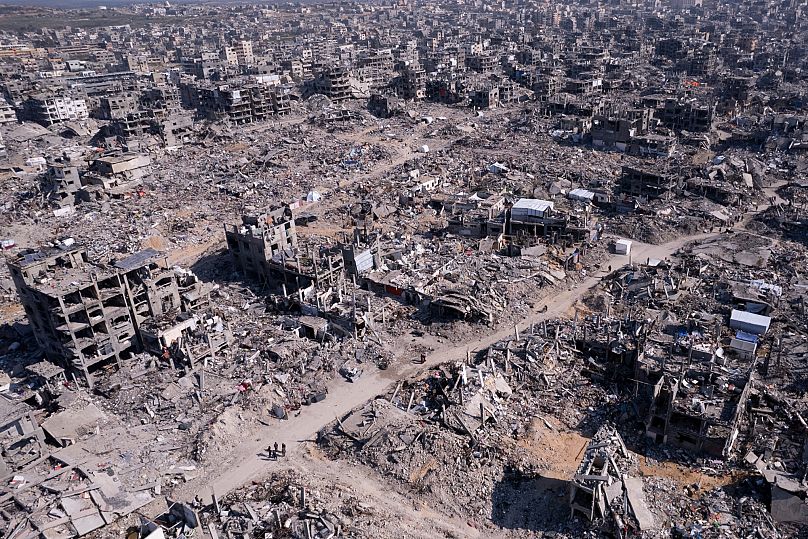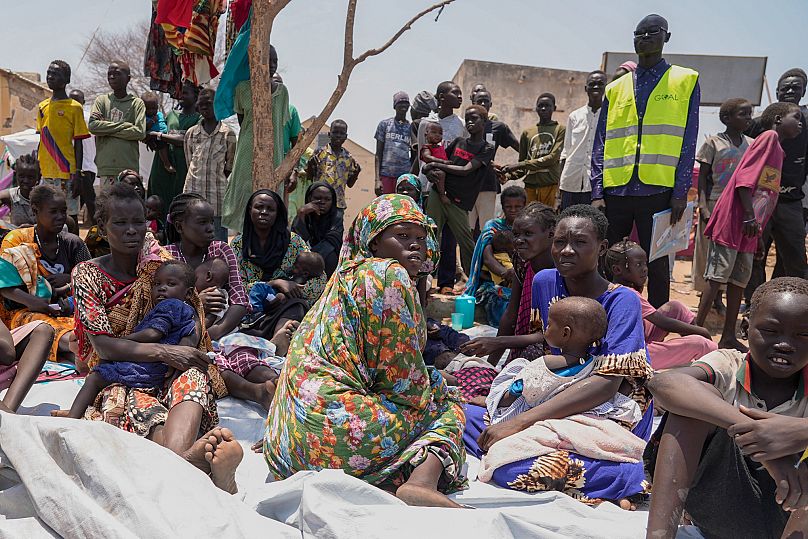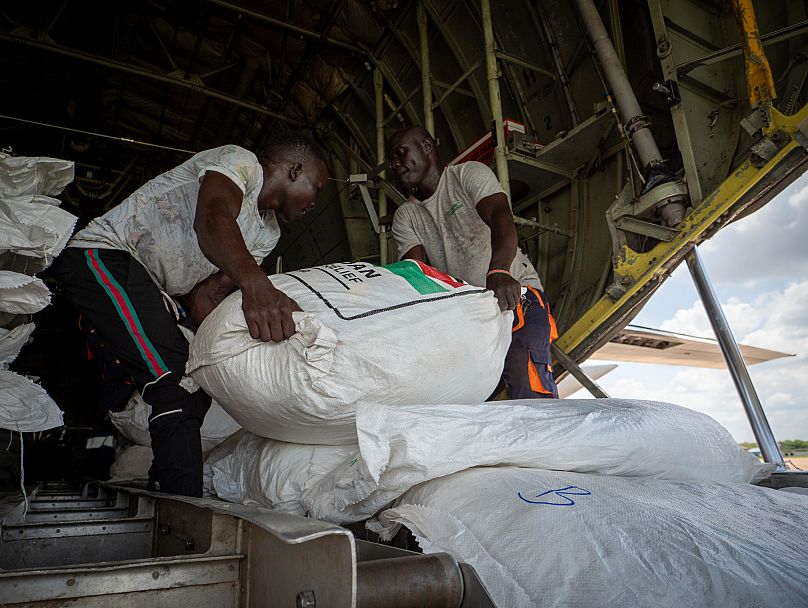Israel in talks with South Sudan to resettle Palestinians from Gaza, sources say

Israel is reportedly in discussions with South Sudan about the possibility of resettling Palestinians from Gaza to the war-torn East African country, part of a wider effort by Israel to facilitate mass emigration from the territory largely left in ruins by the 22-month offensive against Hamas.
Six people familiar with the matter confirmed to the AP news agency that talks have taken place, although it is unclear how far they have advanced.
Israeli Prime Minister Benjamin Netanyahu says he wants to realise US President Donald Trump's vision of relocating much of Gaza’s population through what Netanyahu refers to as "voluntary migration."
Israel has floated similarly resettlement proposals with other African nations, including Sudan and Somalia.
Palestinians, rights groups, and much of the international community have rejected the proposals as a blueprint for forcible expulsion in violation of international law.
Israel's Foreign Ministry declined to comment and South Sudan's foreign minister did not respond to questions about the talks.
A US State Department spokesperson said it doesn't comment on private diplomatic conversations.
Opposition to resettlement
Joe Szlavik, the founder of a US lobbying firm working with South Sudan, said he was briefed by South Sudanese officials on the talks.
He said an Israeli delegation plans to visit the country to look into the possibility of setting up camps for Palestinians there.
No known date has been set for the visit and Israel did not immediately respond to a request for confirmation of the visit. Szlavik said Israel would likely pay for makeshift camps.
Edmund Yakani, who heads a South Sudanese civil society group, said he had also spoken to South Sudanese officials about the talks.
Four additional officials with knowledge of the discussions confirmed talks were taking place on condition of anonymity because they were not authorised to discuss them publicly.
Two of the officials, both from Egypt, told AP they've known for months about Israel's efforts to find a country to accept Palestinians, including its contact with South Sudan. They said they've been lobbying South Sudan against taking the Palestinians.
Egypt is deeply opposed to plans to transfer Palestinians out of Gaza, with which it shares a border, fearing an influx of refugees into its own territory.
From one conflict zone to another
Many Palestinians may want to temporarily leave Gaza to escape the war and a hunger crisis bordering on famine.
But they have roundly rejected any permanent resettlement from what they see as an integral part of their national homeland.
They fear that Israel will never allow them to return and that a mass departure would allow it to annex Gaza and re-establish Jewish settlements there, as called for by far-right ministers in the Israeli government.
Still, even those Palestinians who want to leave are unlikely to want to go to South Sudan, among the world's most unstable and conflict-ridden countries.
South Sudan has struggled to recover from a civil war that broke out after independence, and which killed nearly 400,000 people and plunged pockets of the country into famine.
The oil-rich country is plagued by corruption and relies on international aid to help feed its 11 million people, a challenge that has only grown since the Trump administration made sweeping cuts to foreign assistance.
A peace deal reached seven years ago has been fragile and incomplete and the threat of war returned when the main opposition leader Riek Machar was placed under house arrest earlier this year.
Palestinians in particular could find themselves unwelcome. The long war for independence from Sudan pitted the mostly Christian and animist south against the predominantly Arab and Muslim north.
Yakani, of the civil society group, said South Sudanese would need to know who is coming and how long they plan to stay, or there could be hostilities due to the "historical issues with Muslims and Arabs."
"South Sudan should not become a dumping ground for people," he said. "And it should not accept to take people as negotiating chips to improve relations."
Today




